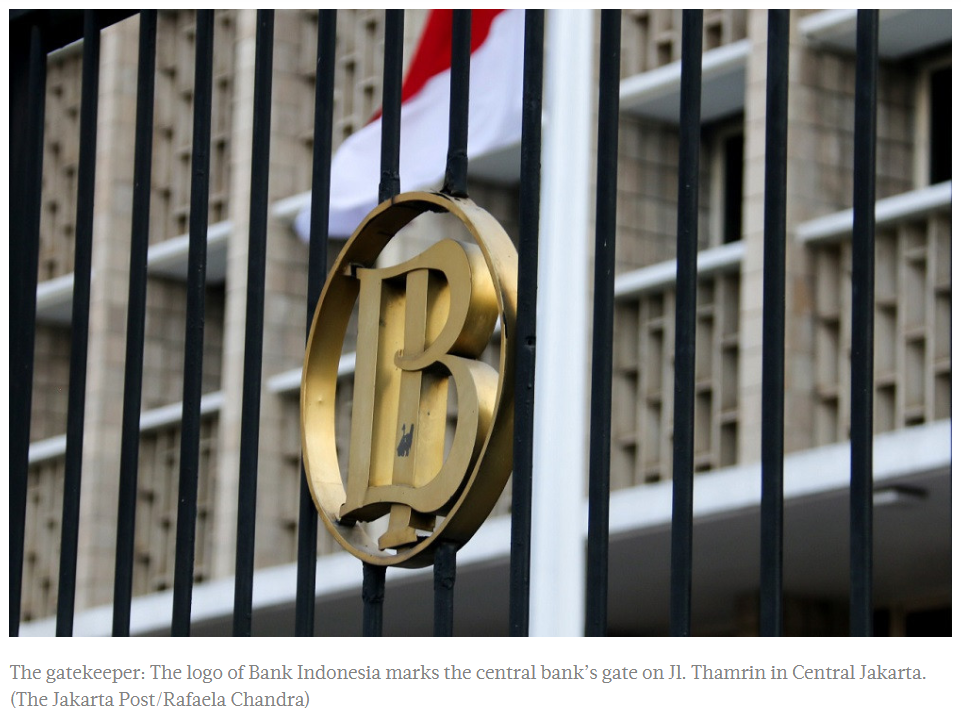Indonesia: BI takes sharia economy festival online as pandemic accelerates digitalization
Bank Indonesia (BI) launched on Friday the seventh Indonesia Sharia Economic Festival (ISEF) by taking the festival fully online, the first of its kind in the country.
ISEF, which was started in 2014, is an international event that brings together key stakeholders in the sharia economy, including business players, governments, associations and pesantren (Islamic boarding schools).
This year, the event will be held from August to October and feature 22 virtual meetings, 15 business matching and coaching sessions and 500 exhibitions, among other things.
BI Governor Perry Warjiyo said ISEF was intended to support the development of “the halal value chain”, including in the food and beverage, cosmetics and tourism industries. It also seeks to develop “sharia social finance” like charity and waqf.
“This year, we are strengthening the new era of the sharia economy through digitalization. We are bolstering the digital economy with the synergy of sharia economy and finance amid the pandemic,” said Perry.
In April, e-wallet platform LinkAja launched its sharia-compliant service on its app, partnering with 1,000 mosques and 242 waqf agencies.
The Indonesian sharia financial sector was estimated to be worth up to US$3.8 billion in 2023, according to the Global Islamic Economy report.
Despite its estimated large size, the development of the sharia economy has not caught up with the expansion in the financial technology (fintech) industry, as only 12 out of 161 registered fintech lending companies are sharia-compliant, according to May data from the Financial Services Authority (OJK).
“For the first time ever, [the event] will use digital communication technology. All seminars and discussions will be conducted virtually and the festival will also be held virtually on a web-based platform. For me, this is a real adaptation,” Vice President Ma’ruf Amin said in a virtual presser on Friday.
The COVID-19 pandemic is accelerating the digitalization of many aspects of life as people are forced to comply with physical distancing protocols to avoid contracting the virus, which had infected 125,396 people in Indonesia as of Sunday, according to official records.
Ma’ruf said the development of the sharia economy and finance required developments in digital technology in line with the trends brough about by the pandemic.
The increasing demand for healthy and hygienic products offers an opportunity for the halal industry. Halal products should be healthy, nutritious and hygienic to win consumers, said Ma’ruf.
“Sharia economic players have to adapt to this situation, as the use of digital technology and online payment methods has become an absolutely necessary,” said the Vice President.
Since the COVID-19 hit Indonesia in March and forced companies to shut down, more than 100,000 small businesses have registered with online ride-hailing firm Gojek, according to data collected by the firm between March and May.
Source: https://www.thejakartapost.com/news/2020/08/10/bi-takes-sharia-economy-festival-online-as-pandemic-accelerates-digitalization.html


 Thailand
Thailand




